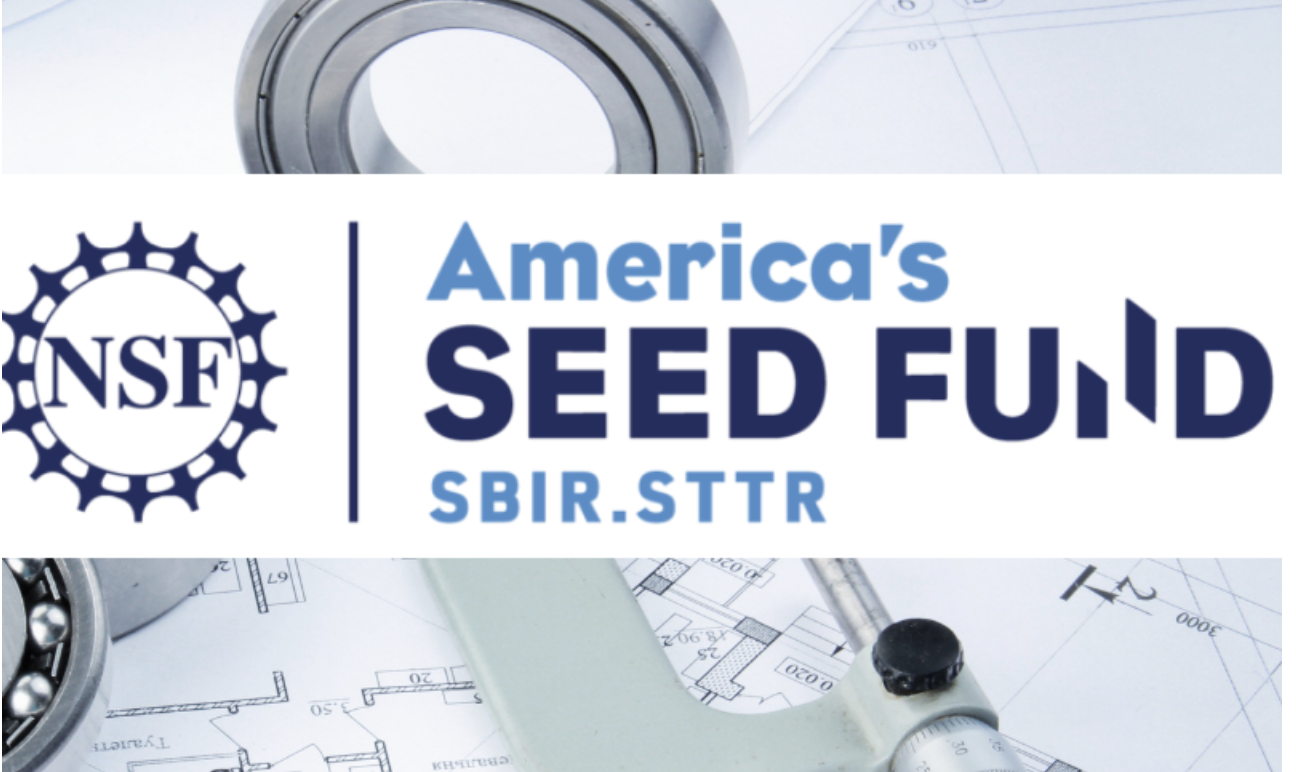So you have submitted your SBIR proposal some months ago and are nervously waiting for word on what the reviewers thought of it. Eventually, you receive notice that, like so many others, your proposal will not be funded this round. However, the reviewers have kindly given their comments for you to consider should you wish to resubmit. How then, is the best way to address the reviewer comments for your resubmission?
Most SBIR funding agencies have some resubmission guidelines for dealing with reviewer comments, but they are often general and may not be overly helpful. You may be at a bit of a loss on how to effectively respond to the reviews. The best way to address these comments is to realize they are valuable insights and will provide excellent help on improving your subsequent success. Often the agency requires that you address the reviewer comments on one page at the front of your resubmission. This limited space means you need to be succinct and short in your replies. Always start the page with a statement of appreciation for the efforts of the reviewers in providing this valuable insight; resist the urge to be resentful of the negative feedback and don’t take it personally. Thank them for their time and efforts. Enumerate the salient points brought up by the reviewers and address them individually. A list of comments with your responses will make it much easier for subsequent reviewers to track how well you have addressed the deficiencies.
Generally, specific reviewer comments have good scientific basis and when properly addressed will make for a stronger proposal. In your reply, summarize briefly how you have incorporated the reviewer suggestion and indicate where in the text the substantial changes can be found. Appropriately mark the areas in the text related to these changes (use “*”, italics, double underline, etc.) to make them more easily found. If the reviewer comment is incorrect or reveals confusion on their part, respectfully explain why you disagree with them and are not making material changes to the proposal; or make clarification changes in the text to sharpen your point; again indicate where you have made those changes. Finally, check your final work, make sure there are no conflicting sections that you have neglected to change or fix. Making your resubmission easy to understand and follow will go a long way towards having it successfully scored.
